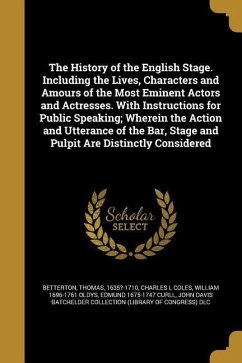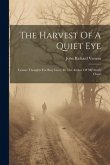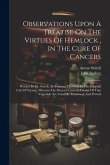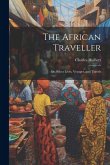Public Lives, Private Virtues surveys portraits of American Revolutionary heroes in books, magazines, and school texts from 1782 to 1832 and relates these sketches to cultural changes of the period. Faced with rapid and sometimes unsettling change, historians, biographers, and editors of period offered their readers narrative and visual portraits of heroes, hoping to promote classical civic virtues during a time when business-minded Americans increasingly pursued individual gain. The fifty years following the Revolution saw biography shift from historical narration to description of private experience. The most interesting of the biographers, Mason Locke Weems, created an original life of Washington, adapting his style to the needs of book buyers, who were put off by the cost of conventional histories and attracted to the books' entertaining stories. During this period magazine editors in the mid-Atlantic and New England states occasionally wrote sketches of heroes to provide readers examples of virtue, but their major contribution was to publish original graphic portraits. Some magazine illustrators copied portraits by American painters; others fashioned elaborate allegorical pieces. Brief narratives of Revolutionary heroes met the needs of the growing number of New England schoolbook authors especially well. By reading descriptions of the war's heroes and their adventures, authors believed children would learn virtue as well as rhetorical skills. In all their forms during this period, narratives and portraits of Revolutionary heroes extolled classical virtues even though the rise of commerce and Americans' pursuit of individual wealth made these virtues anachronistic.
Hinweis: Dieser Artikel kann nur an eine deutsche Lieferadresse ausgeliefert werden.
Hinweis: Dieser Artikel kann nur an eine deutsche Lieferadresse ausgeliefert werden.








